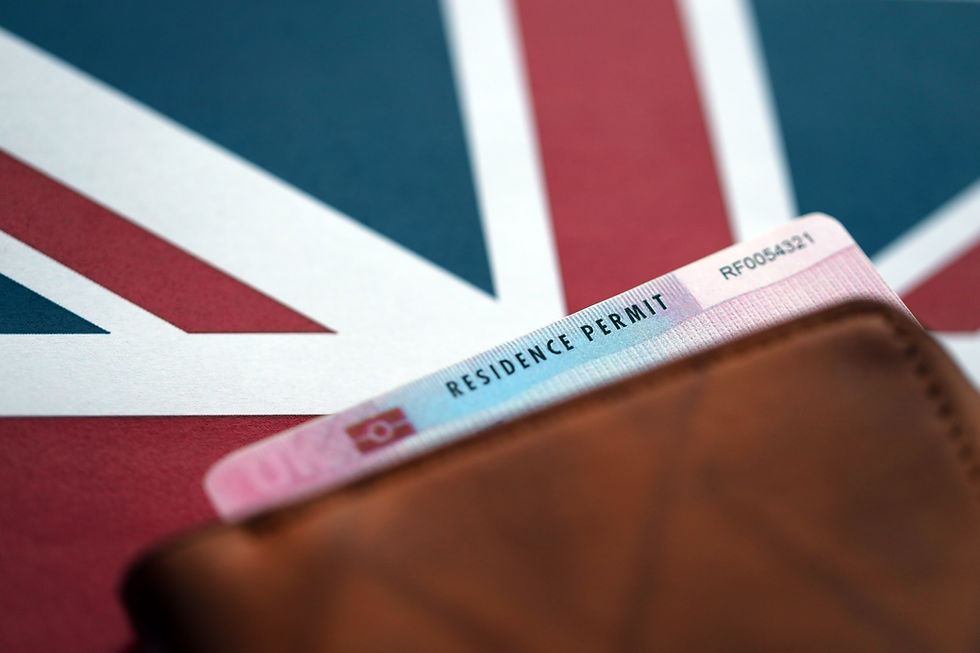Netherlands Lines Up Change To VAT Registration Rules
- actlondon
- Aug 22, 2023
- 2 min read
Legislative changes have been introduced in the Netherlands to modify the regulations governing value-added tax (VAT) registration for entities that are not residents of the country.
Starting from January 1, 2025, businesses that are not located in the Netherlands but instead operate within another European Union (EU) member state can take advantage of the small business scheme. This scheme offers an exemption from the requirement to register and manage VAT if their total turnover across the EU remains below EUR 100,000.
The new legislation also extends the VAT registration threshold of EUR 20,000 for local businesses within the Netherlands. This decision stands despite prior EU endorsement to raise the nation's VAT registration threshold to EUR 25,000. Nevertheless, starting from January 1, 2025, recent EU regulations empower member states to establish their own VAT registration thresholds, provided they do not exceed EUR 85,000. As of now, non-resident businesses are generally obligated to register for VAT and uphold associated obligations as soon as they commence providing taxable goods and services within the Netherlands. The Dutch legislative changes are in response to the approval of EU Council Directive 2020/285 dated February 18, 2020, which introduced amendments to the VAT Directive.
This Directive stipulates: "Member States that have implemented the exemption under paragraph 1 must also extend that exemption to the supplies of goods and services within their own territory, executed by taxable persons established in another Member State, provided the following conditions are met:
(a) the annual turnover of the taxable person within the Union does not surpass EUR 100,000; and
(b) the value of supplies within the Member State where the taxable person is not established does not exceed the applicable threshold set in that specific Member State for granting the exemption to taxable persons established within that Member State.
The Directive mandates that in order to benefit from the exemption, the taxpayer must provide advance notice to the Member State of their establishment. The Dutch legislation further encompasses provisions for such notifications from local taxpayers regarding supplies made within other EU member states.
Contacts
If you require assistance in relation to the above and/or would like to discuss anything further, please do not hesitate to contact info@act.london or your usual A.C.T. contact.



Comments